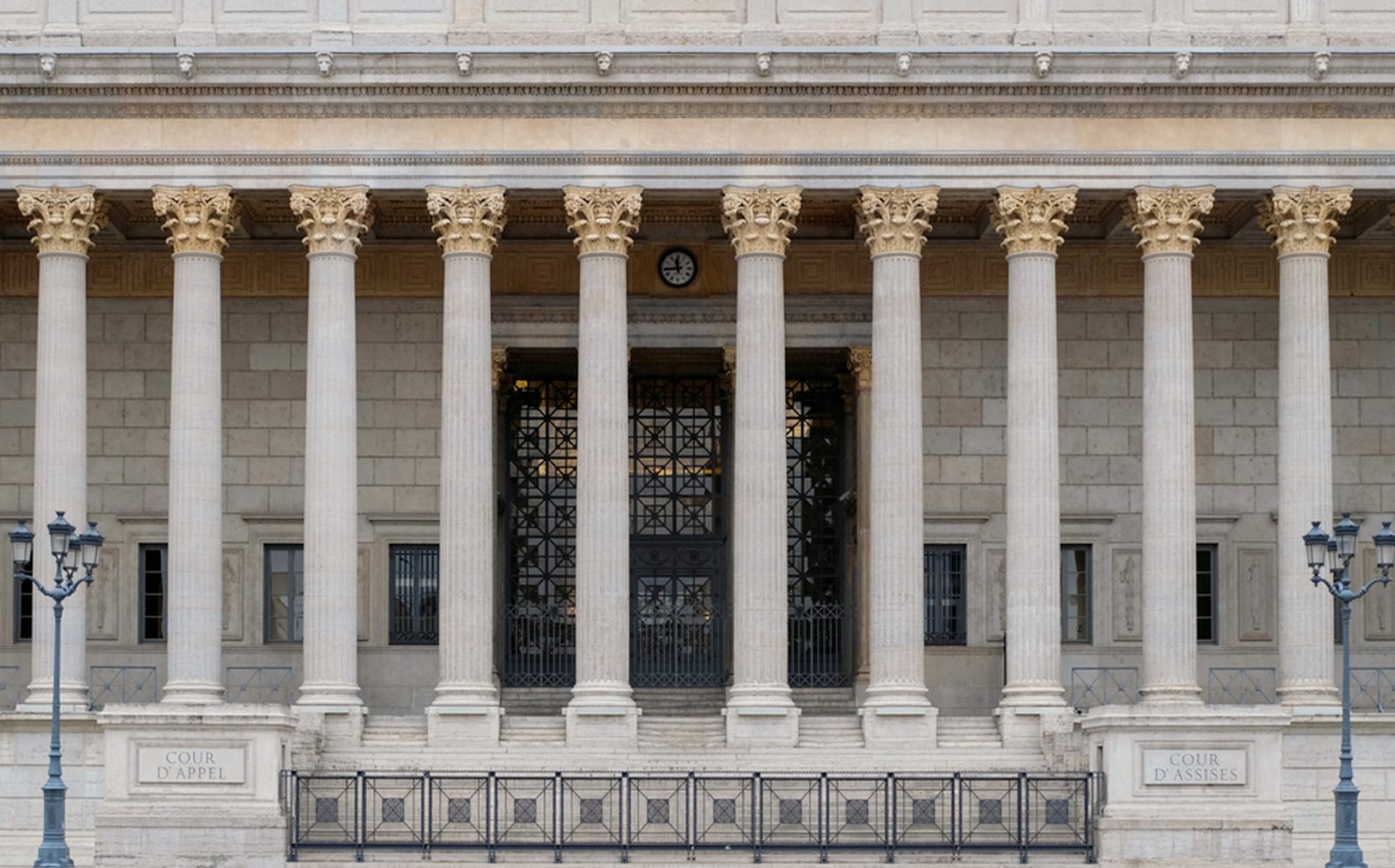

The increase in the General Social Tax voted in the context of the social security finance law for 2018 and applicable to the capital gains made in 2017 appears to be debatable.
In an order dated June 18, 2019 the Versailles Administrative Court referred a priority constitutionality issue to the French Council of State relating to the compliance of the retroactive 1.7% increase of the General Social Tax (“CSG”) being applied to the capital gains made in 2017.
The Supreme Administrative Court shall examine the priority constitutionality issue and decide within a period of three months with a view to the referral of this issue to the Constitutional Council.
A contraversial increase?
For the record, Article 8 of the social security finance law for 2018 increased the CSG rate by 1.7%, affecting the capital gains and other property income made in 2017.
Yet, this 1.7% increase in the CSG for the capital gains made in 2017 appears to be contrary to the Constitution and may be subject to an objection.
The Constitutional Council objects to laws which, without a reason of “sufficient general interest”, enter into force after the taxable event, within the meaning of the Decision no. 2012-662 dated December 29, 2012.
Insofar as the operative event for the taxable capital gains is fixed on the date of transfer, and regardless of the terms and conditions of payment for the capital gains, the 1.7% increase in the CSG affecting the capital gains made in 2017 shall not be justified by the “minimal retroactivity” theory and, accordingly, appears to be contrary to the Constitution.
What is the tax payers’ remedy?
Incidentally, there is no sufficient reason of general interest to justify the retroactive increase in the CSG applicable to the capital gains made in 2017. On this point, it must be mentioned that the Constitutional Council ruled that an increase in the contributions to increase the public revenues did not constitute a sufficient reason of general interest, within the meaning of the Decision no. 2014-435 QPC dated December 5, 2014.
In this context, the taxpayers should remember to file for a court action prior to the Constitutional Council’s decision, in order to assert the likely decision of unconstitutionality which the latter may render with regard to the disputed provisions.
